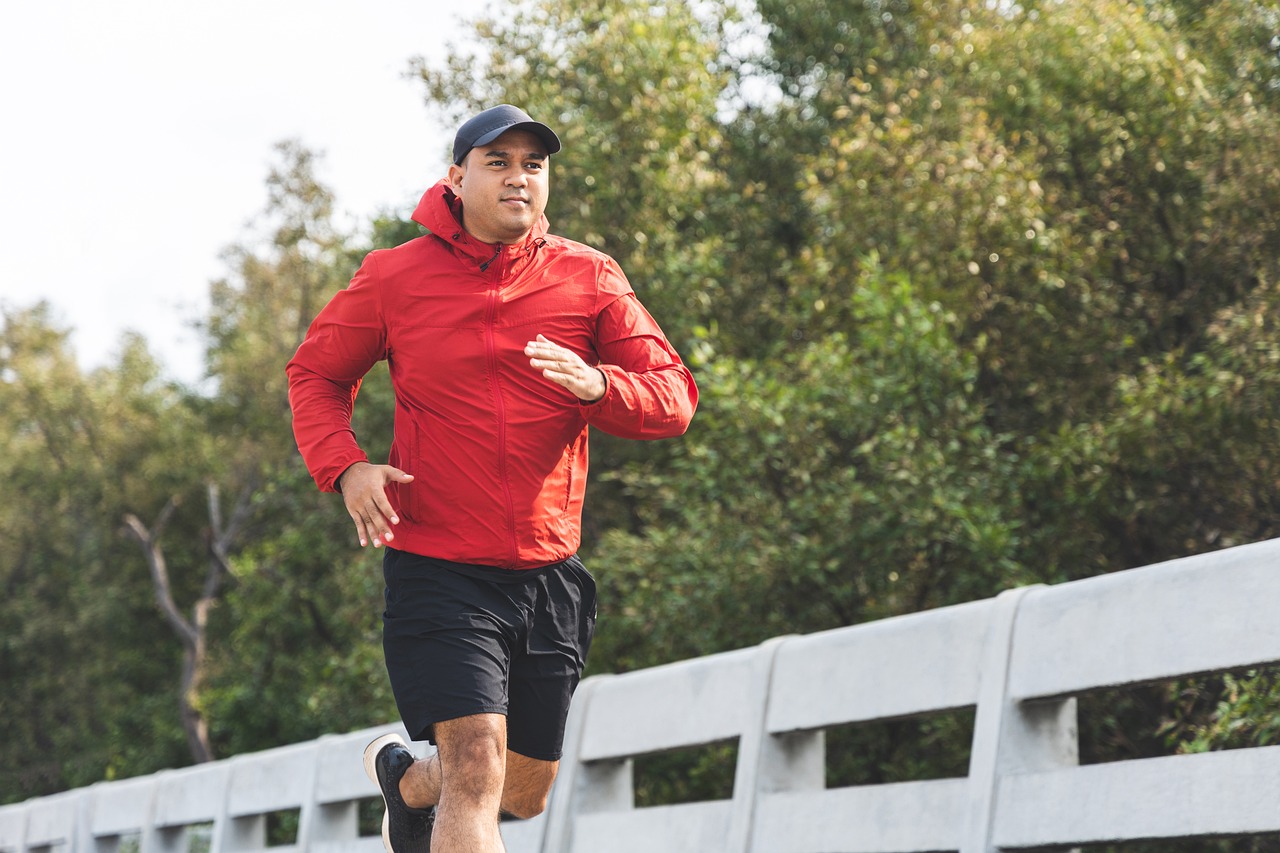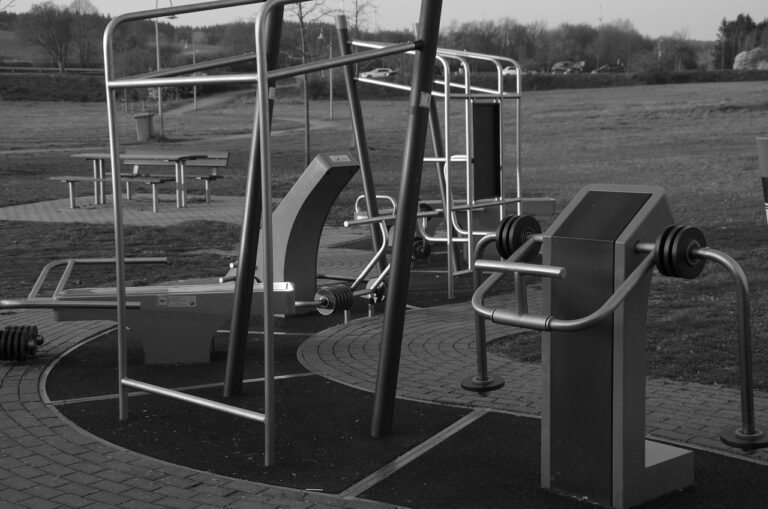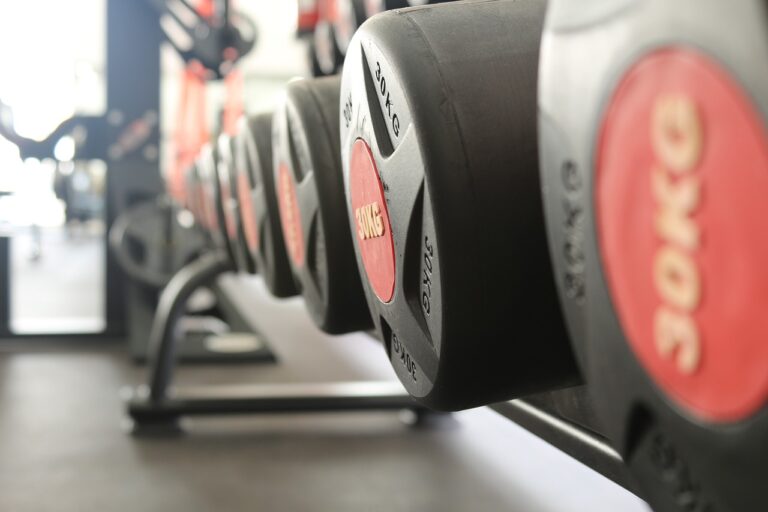Lung Health in Bartenders: Managing Occupational Exposures to Secondhand Smoke: Tiger exchange, Golden77, Sky 99 exch id
tiger exchange, golden77, sky 99 exch id: Bartenders play a crucial role in the hospitality industry, serving customers with their favorite drinks and creating a welcoming atmosphere. However, their job comes with some occupational hazards, particularly when it comes to exposure to secondhand smoke. Secondhand smoke is the smoke exhaled by smokers or given off by burning tobacco products, and it contains over 7,000 chemicals, many of which are toxic and can cause serious health problems. In this article, we will discuss the importance of lung health in bartenders and how to effectively manage occupational exposures to secondhand smoke.
The Impact of Secondhand Smoke on Lung Health
Secondhand smoke has been classified as a known human carcinogen by the U.S. Environmental Protection Agency, meaning it can cause cancer in humans. Bartenders who are regularly exposed to secondhand smoke are at an increased risk of developing lung cancer, as well as other respiratory conditions such as asthma, bronchitis, and pneumonia. In fact, according to the Centers for Disease Control and Prevention, nonsmokers who are exposed to secondhand smoke at work are 20-30% more likely to develop lung cancer than those who are not exposed.
Furthermore, secondhand smoke can also worsen existing lung conditions in bartenders, such as chronic obstructive pulmonary disease (COPD) or emphysema. This can lead to increased symptoms such as coughing, wheezing, and shortness of breath, making it difficult for bartenders to perform their job effectively.
Managing Occupational Exposures to Secondhand Smoke
As a bartender, it is essential to take proactive steps to protect your lung health and minimize your exposure to secondhand smoke. Here are some tips to help you manage occupational exposures:
1. Communication: Talk to your employer about implementing smoke-free policies in the workplace. Encourage them to create designated smoking areas away from where you work to reduce secondhand smoke exposure.
2. Ventilation: Ensure that the bar is well-ventilated to help disperse any secondhand smoke that may be present. Install air purifiers or ventilation systems to improve indoor air quality.
3. Personal Protective Equipment: Consider wearing a mask or respirator while working to reduce your inhalation of secondhand smoke. Make sure to use properly fitted masks that provide adequate protection.
4. Take Breaks: Take regular breaks outside or in a designated smoke-free area to give your lungs a break from secondhand smoke exposure. Use these breaks to get some fresh air and clear your lungs.
5. Stay Healthy: Maintain a healthy lifestyle by eating a balanced diet, exercising regularly, and avoiding smoking. These habits can help strengthen your lungs and reduce the impact of secondhand smoke exposure.
6. Seek Medical Advice: If you are experiencing any symptoms related to lung health, such as coughing, wheezing, or shortness of breath, consult a healthcare provider for advice and treatment options.
By taking these proactive measures, bartenders can protect their lung health and reduce the risks associated with occupational exposures to secondhand smoke. Remember, your health is your most valuable asset, so it is essential to prioritize it in your workplace.
FAQs
Q: Can secondhand smoke exposure be harmful to bartenders?
A: Yes, secondhand smoke contains toxic chemicals that can harm the lungs and increase the risk of developing respiratory conditions and even cancer.
Q: How can bartenders minimize their exposure to secondhand smoke?
A: Bartenders can communicate with their employers to implement smoke-free policies, improve ventilation, use personal protective equipment, take breaks, stay healthy, and seek medical advice if needed.
Q: What are the potential health risks of secondhand smoke for bartenders?
A: Bartenders exposed to secondhand smoke are at an increased risk of developing lung cancer, asthma, bronchitis, pneumonia, and worsening existing lung conditions such as COPD or emphysema.
Q: Why is it important for bartenders to prioritize their lung health?
A: Lung health is crucial for bartenders to perform their job effectively and maintain overall well-being. By managing occupational exposures to secondhand smoke, bartenders can protect their lungs and reduce the risk of developing respiratory conditions.







